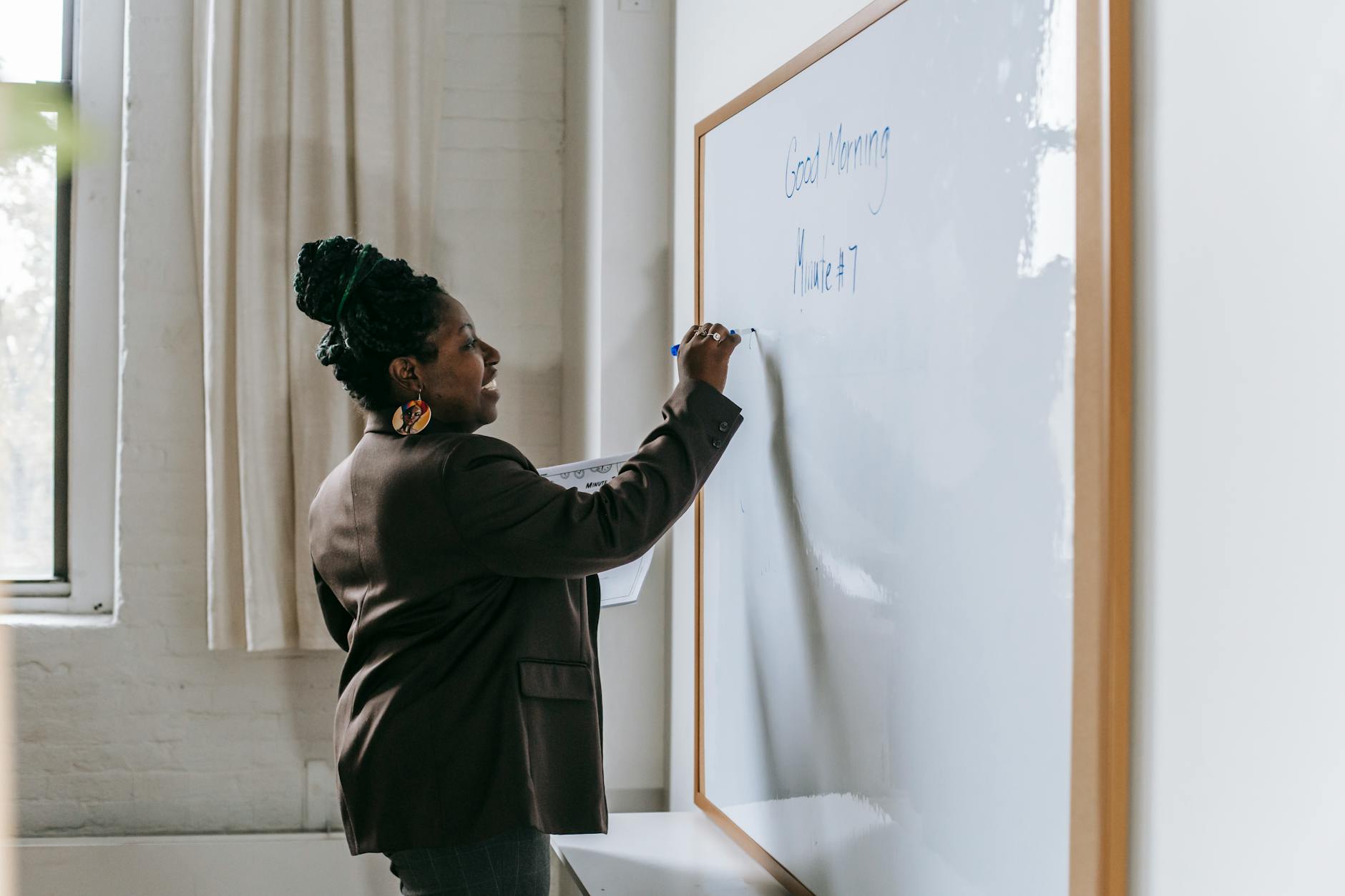How to Integrate Community Service into Mental Health Programs in Australia

Benefits of Integrating Community Service
Enhancing Program Effectiveness
As someone deeply involved in Sydney's mental health advocacy scene, I've observed that one of the greatest advantages of integrating community service is its capacity to amplify program effectiveness. For instance, leveraging a diploma in early childhood education empowers program leaders to craft initiatives that resonate deeply with young minds. This approach is akin to the insightful discussions that occur at the University of Sydney's mental health seminars. It's about tailoring frameworks that address the specific needs of each community, making programs more impactful.
Building Stronger Communities
Drawing from my experiences managing outreach projects around the vibrant Surry Hills, there's no doubt that community service courses are pivotal in forging stronger communities. They provide essential skills to individuals, enabling them to contribute meaningfully. For those with an interest in community dynamics, pursuing a cert 3 childcare encapsulates the values of inclusivity and empowerment, essential to creating a close-knit community environment.
Improving Participant Well-being
Fostering well-being among participants is another significant benefit of integrating community service initiatives. By equipping individuals with skills from a range of community services courses, you promote mental, emotional, and social well-being. Such holistic development mirrors Sydney's diverse cultural backdrop, symbolized by landmarks like the Sydney Opera House. Through community service, we not only support individual growth but also amplify the shared well-being of all involved.
Strategies for Integration
Collaborating with Local Partners
Collaborating with local partners can have a transformative impact on community service initiatives. As I've observed through community outreach initiatives in Surry Hills, joining forces with like-minded organisations amplifies our reach and impact. Establishing relationships with local institutions such as schools or healthcare providers not only broadens our service spectrum but also enriches the community's knowledge and resource access. For those eager to proceed further in their professional journey, mental health courses offer an excellent opportunity to understand the nuances of mental well-being and service delivery.
Creating Volunteer Opportunities
Creating volunteer opportunities is a crucial step in empowering communities and fostering connectivity. Imagine a scenario where a university graduate, inspired by their time attending mental health seminars at the University of Sydney, volunteers with a local non-profit focused on elder care. By involving community members in programs through volunteer roles, we promote advocacy while offering individuals a chance to gain invaluable experience. For those interested in supporting the elderly, aged care online courses can be a practical avenue for acquiring the necessary skills.
Incorporating Feedback Mechanisms
Incorporating feedback mechanisms ensures that our programs remain dynamic and responsive to community needs. It's essential to create avenues where participants can voice their experiences and suggestions. Regularly collecting and analysing feedback helps identify areas of improvement and success, making our initiatives more effective. In my experience, gathering input from both program participants and staff using clear, structured methods, can reveal insights that might otherwise be overlooked. Moreover, for teams wishing to provide concentrated care, exploring aged care courses online can bolster their expertise, guiding them to make informed decisions.
Program Design and Implementation
Tailoring Programs to Community Needs
One of the most rewarding challenges I've faced as a community service leader is crafting programs that genuinely resonate with the needs of the people we serve. Whether we're leveraging insights from the University of Sydney's mental health seminars or collaborating with Surry Hills' community outreach initiatives, each program is unique because it's shaped by local narratives and needs. In my work, adapting initiatives to the community's specific circumstances often involves ongoing dialogue and feedback. For instance, we might incorporate content from a certificate iv in mental health or other training into our offerings, ensuring staff and stakeholders are aligned with our mission.
Establishing Clear Objectives
For community programs to thrive, establishing clear and actionable objectives is essential. These goals not only provide direction but also create a framework for measuring progress. I find it beneficial to break down objectives into achievable steps, such as increasing participant engagement through child care courses or enhancing mental health support access. This approach fosters a sense of accomplishment among the team and those participating, keeping everyone motivated and mission-focused.
Training and Development for Staff
Empowering staff through continuous training and development is vital for effective program implementation. At our core, we understand that well-trained professionals are better equipped to address community needs and innovate solutions. Engaging in courses, like the certificate IV in mental health, or participating in workshops at educational institutions enables staff to bring new perspectives and skills to our projects. This ongoing commitment to education ensures our team can adapt and flourish in Sydney's dynamic community service landscape.
Measuring Impact and Success
Setting Key Performance Indicators
When it comes to aged care, setting Key Performance Indicators (KPIs) is crucial to gauge success and improvement. I remember a project back in Surry Hills where KPIs helped mark significant milestones in our mental health seminars. Establish clear objectives for measuring various aspects of your cert 3 in individual support initiatives. Focus on participant satisfaction, quality of service, and the level of community engagement. Having tangible benchmarks helps track progress and identify areas for enhancement.
Utilizing Data Analytics
Incorporating data analytics can be a game-changer for community service programs. Just as the University of Sydney uses analytics to enhance their seminars, leveraging similar tools can provide insights into the effectiveness of your aged care courses. Data can offer a comprehensive view of attendance rates, participant feedback, and the impact on community well-being. Being data-informed enables more strategic decision-making and resource allocation, ensuring maximum program efficacy.
Sharing Success Stories
Another powerful method for showcasing success is the sharing of success stories. I once had the privilege of seeing how transformative these narratives could be during a community outreach initiative in Surry Hills. Highlighting the journeys of individuals who have benefited from your initiatives can inspire others and foster community involvement. These stories not only celebrate achievements but also reinforce the programme's value to stakeholders and the broader community.
Common Mistakes in Community Service Programs
Overlooking Community Input
It's crucial to remember that the heart of any community service programme lies within the community itself. Often, there is a tendency to design initiatives without incorporating the voices of those we're trying to assist. This reminds me of a project we ran in Surry Hills, where community feedback was pivotal in reshaping our approach. Engaging residents not only fosters a sense of ownership but also ensures the program aligns with their actual needs. I’ve found that hosting interactive sessions, akin to the mental health seminars at the University of Sydney, often uncovers insights that data alone might miss.
Neglecting Comprehensive Training
Another pitfall is skipping thorough training for volunteers and staff. In our enthusiasm to launch initiatives, the necessity for proper preparation can get sidelined. For instance, during a campaign near the Sydney Opera House, we realised that offering comprehensive workshops equipped our team to handle unexpected challenges more adeptly. Training isn't just about readiness—it's an investment in the sustainable success of our mission. Equipping our volunteers with knowledge of local mental health resources or awareness of community participation in social networks can significantly enhance programme delivery.
Failing to Measure Outcomes
In the world of community service, the impact is everything. However, many initiatives falter without a framework for assessing outcomes. Without measures in place, how can we celebrate successes or identify areas for improvement? In my experience, implementing clear benchmarks, like loan against property interest rates analysis, can help track progress. It's akin to navigating a ship without a compass; measuring allows us to steer our initiatives confidently towards our goals.


